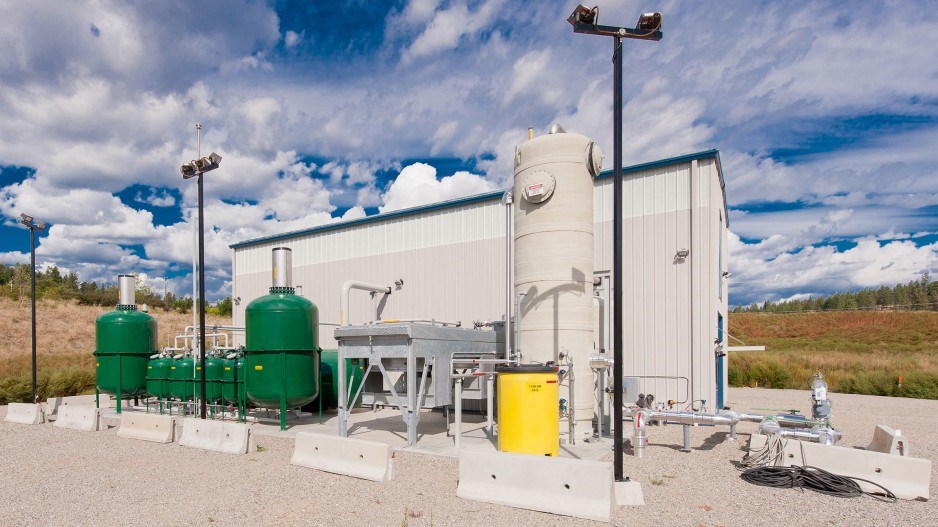The BC Utilities Commission (BCUC) has approved a plan by FortisBC to build a new biogas plant that will capture methane from the City of Vancouver’s landfill in Delta and add it to the regular natural gas stream to reduce its carbon intensity.
The City of Vancouver will get first right of refusal to buy renewable natural gas (RNG) to try to meet its targets for getting to 100% renewable energy by 2050.
Methane is already captured at the landfill, some of which is currently burned by nearby greenhouses to produce the CO2. The new FortisBC biogas plant will take the methane that's already being captured, clean it up and inject it into FortisBC's pipeline that supplies Vancouver with natural gas.
The plant will produce 225,000 to 250,000 gigjoules of RNG annually. That may sound like a lot, but once it has been added to FortisBC’s total RNG production, it will still only represent about 1% of the natural gas stream.
A typical home in Canada consumes about 88 gigajoules annually, according to Natural Resources Canada, so the new biogas plant will produce enough RNG to supply roughly 2,500 homes.
The new biogas plant will be one more asset in FortisBC’s growing suite of RNG production sites. It is already producing RNG from two other landfills in B.C. – Kelowna and Salmon Arm – and has a fourth proposed in Prince George. It also produces RNG from dairy farm waste.
FortisBC’s goal is to have RNG supply 15% of its natural gas production, and reduce greenhouse gas emissions by 30%, by 2030.
"We're trying to get our 30BY30 goal and we think renewable natural gas is going to be a big part of that," said Scott Gramm, FortisBC's manager of renewable natural gas supply.
Gramm wouldn't say how much the new biogas will cost to build. But he said it will be roughly three times the size of a biogas plant it built in Kelowna, which had a capital cost of $5 million.
As for how much more customers in Vancouver – including the city – will pay for RNG, it’s currently about three times more expensive than natural gas.
The City of Vancouver’s Renewable City Strategy aims to phase out natural gas, as part of its goal to become 100% renewable by 2050.
The city’s Zero Emissions Building Plan (ZEBP) and Green Buildings Policy for Rezonings would require all new buildings to be emissions free by 2030, which essentially translates into a ban on natural gas for heating within a decade, unless enough RNG can be produced by then.
There simply aren’t enough dairy farms and landfills in B.C. to supply Vancouver with all the RNG it would need, so FortisBC will need to look to other sources as well, such as syngas made from wood and organic waste, and hydrogen.




